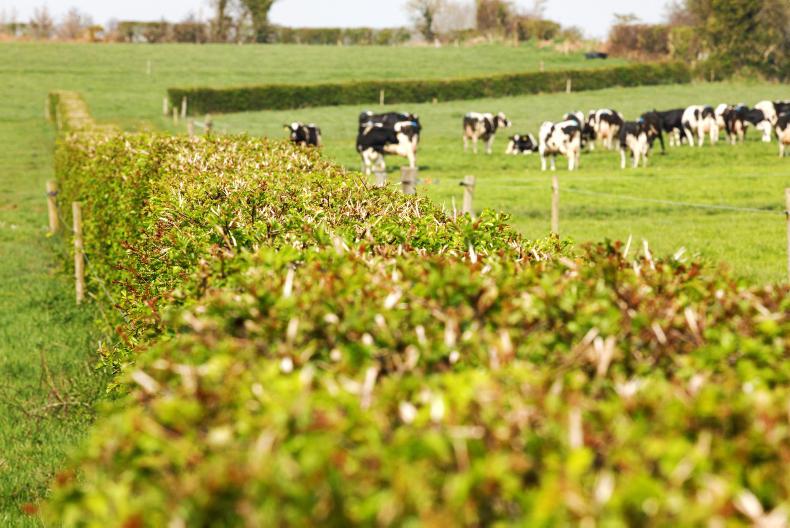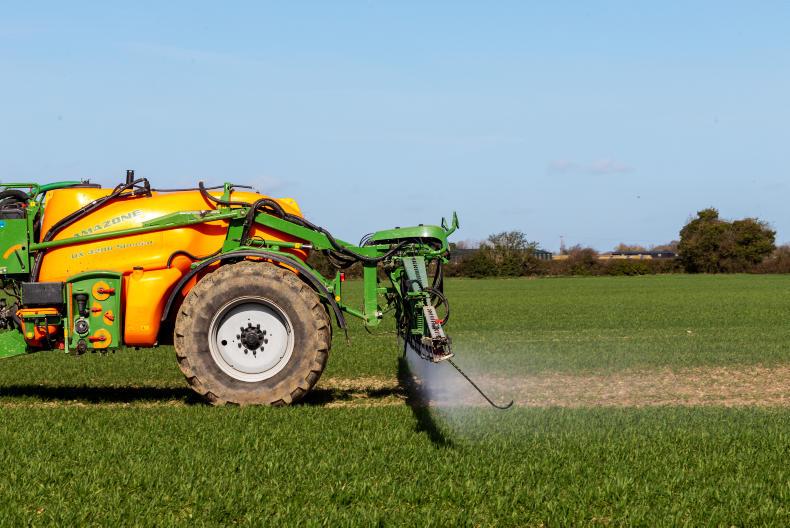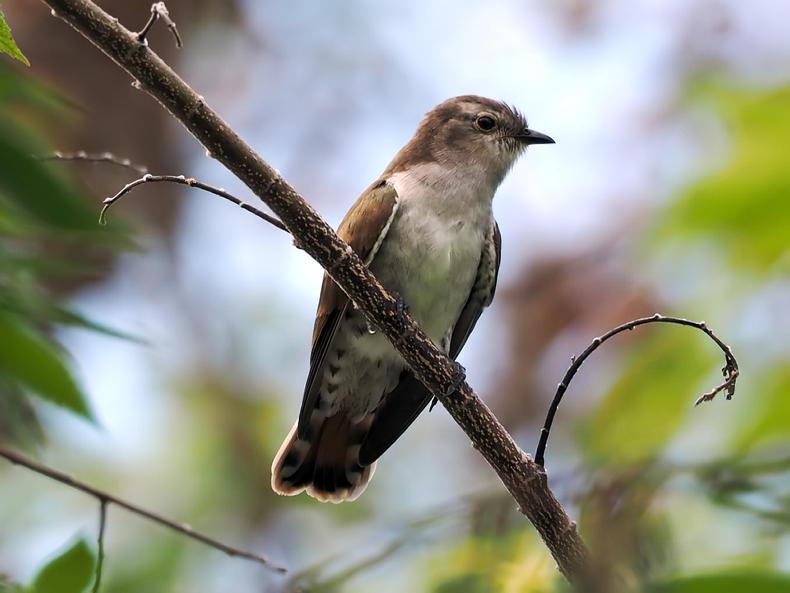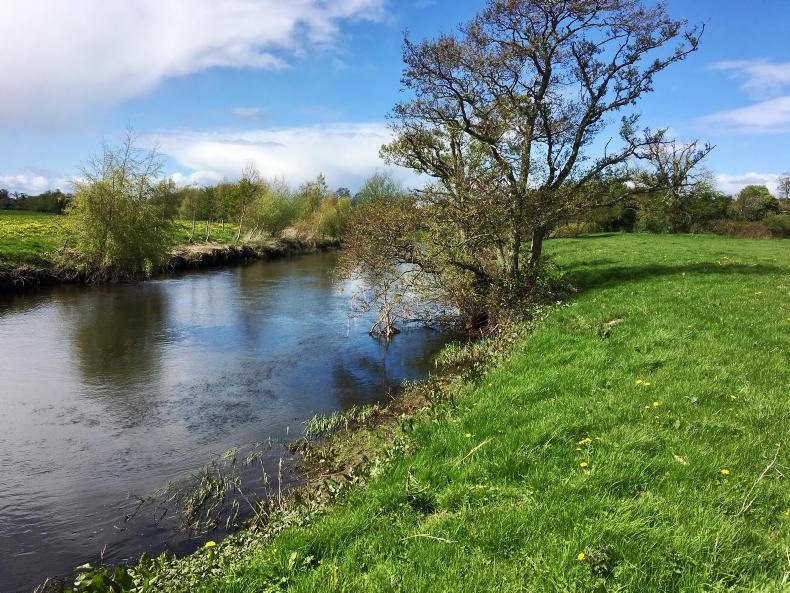Following the
endorsement of the Programme for Government by Fianna Fáil, Fine Gael and the Green Party on Friday evening, a new Government will be formed on Saturday.The Programme for Government agreed between the three parties’ leaderships is one of the greenest ever seen, with climate change targets, biodiversity measures and plans to review pesticide use among the plans.
Following the endorsement of the Programme for Government by Fianna Fáil, Fine Gael and the Green Party on Friday evening, a new Government will be formed on Saturday.
The Programme for Government agreed between the three parties’ leaderships is one of the greenest ever seen, with climate change targets, biodiversity measures and plans to review pesticide use among the plans.
The document agreed between all three parties pledged sweeping changes and at least one very welcome scheme for farmers.
Keep up to date with the Cabinet formation talks on www.farmersjournal.ie, but in the meantime, here’s a reminder of the headline items agreed in the Programme for Government that will affect farmers:
A new REPS
The parties have set out plans for a new REPS, with a target of around 70,000 farmers and a trial run to begin later this year. Funding for the flagship environmental scheme would come from there areas: a €15bn fund ringfenced from carbon taxes, the national Exchequer and Pillar II of the next CAP.

Whitethorn hedge planted under REPS. / Donal O'Leary
A 7% cut in greenhouse gas emissions
The three parties committed to an average 7% per annum reduction in overall greenhouse gas emissions from 2021 to 2030 (a 51% reduction over the decade) and to achieving net zero emissions by 2050. They will introduce a new Climate Action Bill, within the first 100 days of government, and five-year carbon budgets will be set.
For farmers, there was an important clarification: the parties agreed that the special economic and social role of agriculture and the distinct characteristics of biogenic methane (from livestock), will be fully recognised.
The pledge to examine how house greenhouse gas emissions are counted and attributed will be important for Ireland as a major food exporter.

Measuring methane emissions in dairy cows, Teagasc, Moorepark, Co Cork. / Donal O'Leary
Live exports
Despite fears that the Green Party would demand a ban on live exports, this important outlet for Irish cattle has been preserved.

Pesticides, soil and lime
Pesticide use is to be reviewed, while a new National Soils Strategy will assess the country’s soil and be used to make recommendations. A national liming programme will be introduced.

Spraying wheat in Dunboyne, Co Meath \ CJ Nash
Biodiversity
Every farm in Ireland will be surveyed to assess their existing biodiversity, and the country’s 630,000km of hedges are to be surveyed. ‘Signpost farms’ will show best practice and a new pollinator plan will be published.

Biodiversity in Ireland
Nitrates and water
The nitrates derogation is to be reviewed, which could affect intensive dairy farmers, while the focus on water quality will continue through the ASSAP programme. Low-emissions slurry spreading and protected urea will continue to be championed.

Food ombudsman
A new food ombudsman is promised, expected to focus on unfair trading practices. A new farmer appeals body is also planned, which will include farmer representatives.

Land use, forestry and rewilding
Farmers with forestry will welcome the promised implementation of the Mackinnon report. Farmers will be encouraged to take up forestry in the form of agroforestry and silvo pasture, which combine growing trees with grazing animals and are potentially less daunting than large areas of permanent forestry.
Re-wetting of carbon-rich soils is another area that chimes with the thinking in Brussels.

TB and badgers
An increase in vaccination and a commitment to end badger culling as soon as possible received a muted response from farmers so far, with many convinced that eradication cannot be achieved without culling. This could be a difficult area.

A badger on the move. \ Ondrej Prosicky
Read more
Programme for government: the full details for agriculture revealed
Re-emergence of Mackinnon a key to programme for government
Green light for government





SHARING OPTIONS: